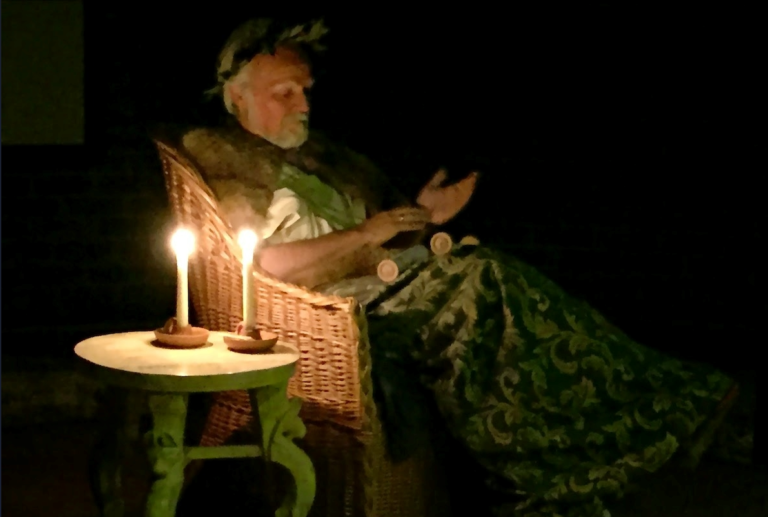
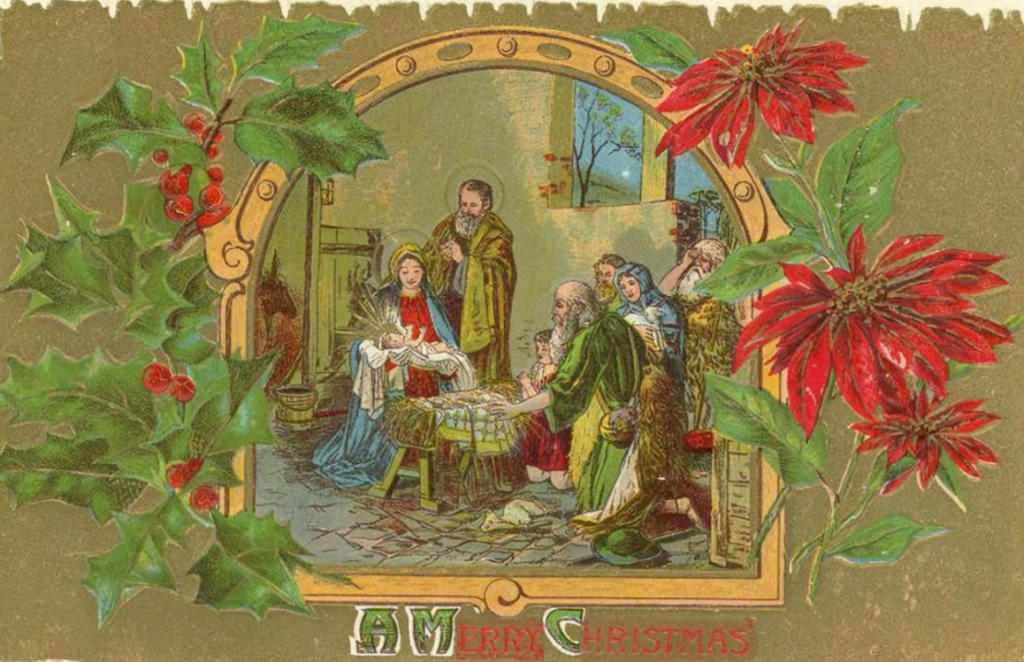
Together with Easter, Christmas is the most important Christian holiday, a day nowadays connected more with Elves and Santa Claus. The day is. however, the celebration of Christ’s birth, but why do we celebrate his birthday on December 25th? The December festivities have in reality a much deeper rotted tradition that surpasses than the birth of Jesus Christ; in fact, it is because of these long-standing traditions that the Early Roman Empire adopted December 25 in the year 336 AD to celebrate the birth of Christ.
The first Christian holidays did not include Christmas. Epiphany, celebrated on January 6th, was the most important earliest feast commemorating the visit of the wise men and in some traditions the baptism of Christ. In fact, early Christians did not celebrate the birth of Christ at all as they felt that birthdays were a pagan holiday. There was also another problem, the birth of Christ had not been recorded, thus it was impossible to establish an agreeable to all commemoration for this eventful day.
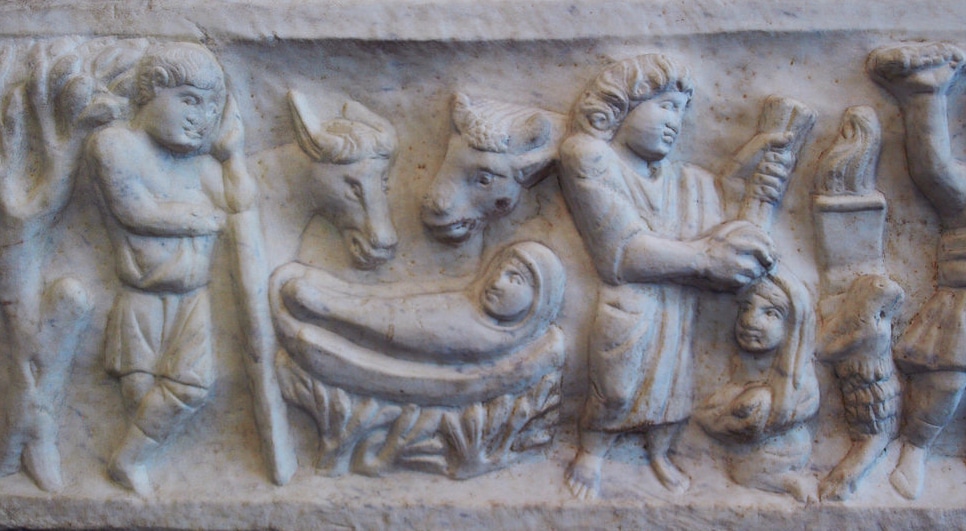
During the second century, Christians claimed that they identified the birth of Christ to be on December 25th; however, the date was most likely chosen by the early church as it aligned with a major pagan festival called “Dies Natalis Solis Invicti”, which in Latin meant the birth of the invincible sun god. The western Christian church (Roman Catholic) adopted December 25 officially in 336 AD where it appeared for the first time on the official calendar. This was the real beginning of a tradition that has lasted centuries and has shaped what we now call Christmas. The adoption of this holiday was nevertheless not immediate. In fact, for a couple of centuries epiphany remained the most important Christian holiday but with time Christmas gained more popularity in the west, while the eastern Christian church (Orthodox) still celebrates Christ on January 6th.
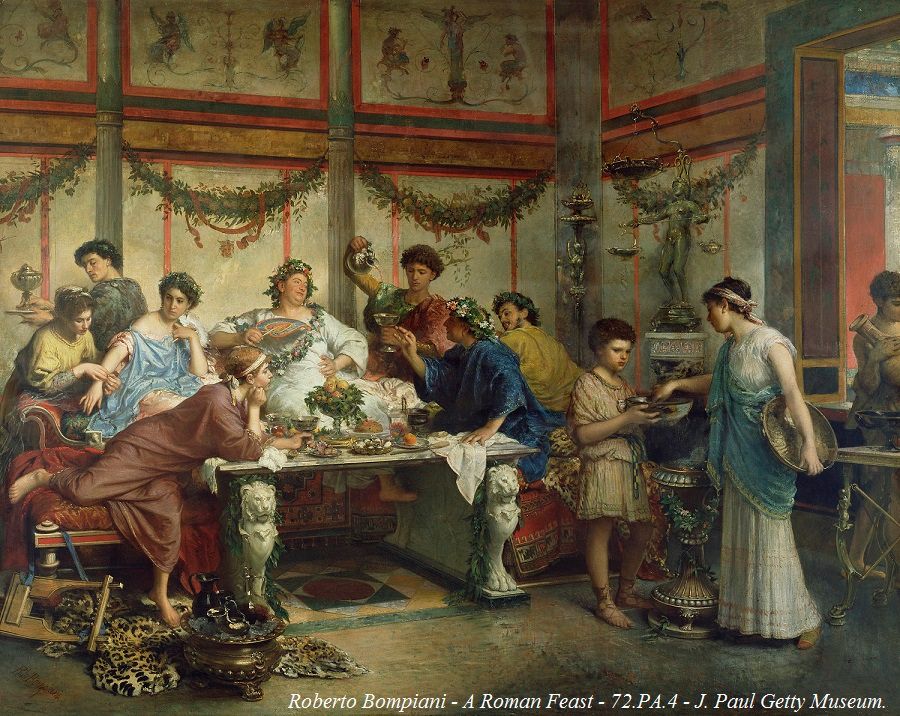
The name Christmas derives from old-English and appears as early as 1038 as Cristes Maesse, meaning the mass of Christ. In the fourth century an early Christian theologian wrote, “We hold this day holy, not like the pagans because of the birth of the sun, but because of Him who made it.”
The date was also close to many other pagan holidays and it was chosen to help the populous transition from pagan religions to Christianity. Two of the most common festivals at the time were Saturnalia, the most popular roman ritual to celebrate the Winter solstice and Yule, a festival observed by the Germanic people to celebrate the Winter solstice.
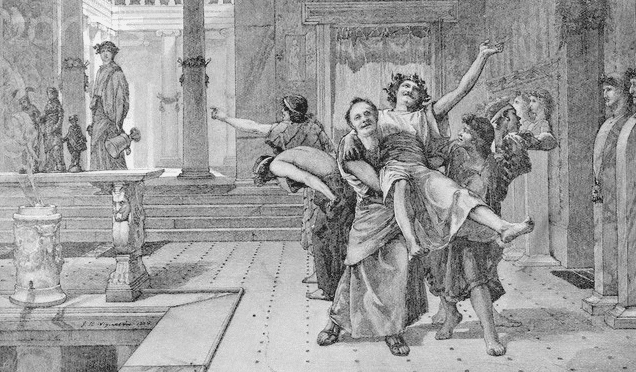
Many traditions that we celebrate during Christmas come from these last two holidays. Symbolisms have changed but actions and traditions are the same. For example, Saturnalia was the most joyful of the Roman holidays with people singing, dancing, socializing, and giving each other gifts. Candles were also used to signify the slow return of the sun. All these traditions carry over to our days, and will be covered in future posts!